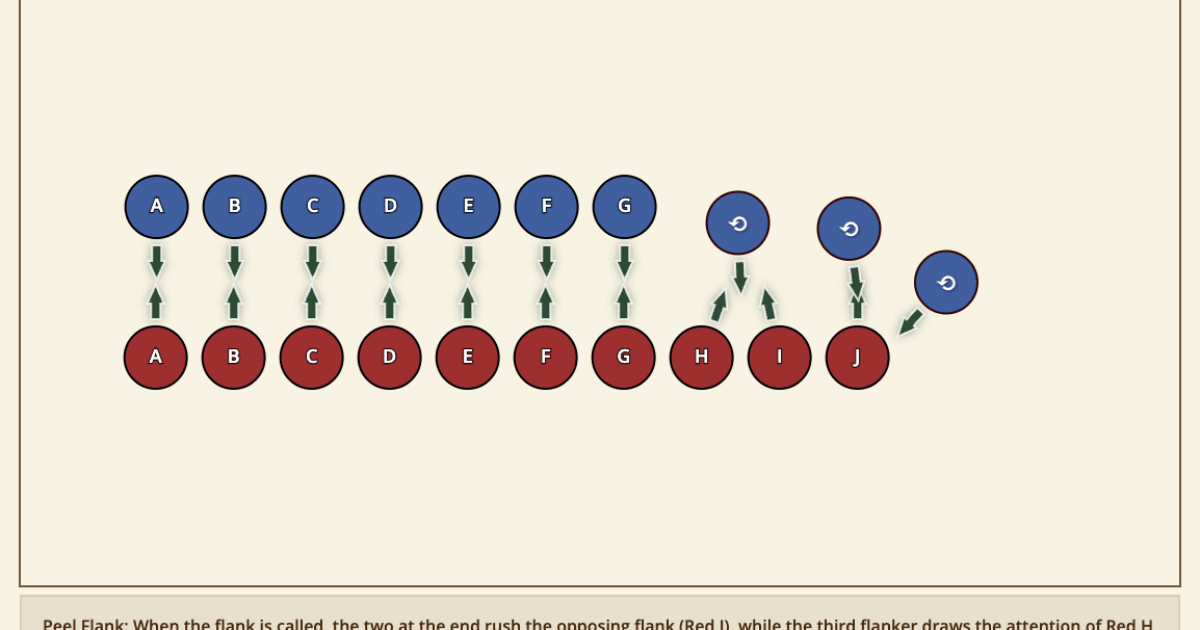I am a firm believer in “Talking about Fencing.” It’s an aspect of our hobby that we really can’t overestimate, but so often goes underappreciated. As I look forward to the upcoming season, I’m excited for all the fun conversations and the chance I’ll have to talk about fencing again (not that I haven’t talked about fencing during the winter months. It just kind of goes on the back burner).
But it’s gotten me thinking about fencing conversations in general and I’ve realized that not all discussions about fencing are the same.
Some conversations are instructional and some are theoretical. Some are opportunities to share knowledge and some are opportunities to absorb what others have to offer. But the best conversations, and the ones of the highest caliber, are when fencers bring their perspectives together and watch what happens.
Too often, fencers will not acknowledge the power of their own perspective. They will defer their thoughts, ideas, and processes to things they hear from other fencers they believe are more experienced, qualified, or knowledgeable than they are. They look to others for answers and the next step of their fencing journey, when in fact that’s building a barrier in their own progress. In reality, the answers lie where your own experimentation and others’ experiences meet.
Break the barrier and start doing things on your own! Once you start experimenting and stop looking for someone to tell you what to do, the caliber of conversation that we can have changes dramatically.
We can start discussing the nitty-gritty of what you’ve tried and what I’ve tried. How things might work for you, but doesn’t work for me and vice versa. That comparison of experience and perspective is how we’re going to see the gaps and places that we can fill together. That’s a tasty conversation!
The difference between someone coming up to me and saying “Hey Kane, how do I kill so and so?” and “Hey Kane, I thought lunging would help me kill so and so, but it’s not really working. Can you help me?” lead to vastly different conversations.
The first usually ends up being just an info dump. I vomit out ideas of what works for me and what I think might work for them. They nod their head and say, “Great idea! I’ll go try that. Thanks!” and that’s the end of it. Informative, but not really a high-caliber conversation.
The second example tends to lead to much more. Because they’ve been experimenting they’ll be able to show me what they’ve been trying and practicing. I’ll see their lunges. I’ll hear about their thought process. They’ll talk me through what their results were. I’ll give a few pointers and suggestions. They’ll say they tried something similar but it didn’t work for whatever reason. We’ll dig into that and the conversation will go back and forth while we fill the gap between our two perspectives. That is a high-caliber conversation! Both of us are going to walk away edified.
I love conversations that feel like everyone is bringing themselves to the table. Then it feels more like a discussion and not a lecture. We can’t be afraid to disagree. We can’t be afraid to share our ideas and we can’t be afraid to experiment and try things out.
Just like we are constantly looking for ways to improve as duelists or meleeists, we should be looking to improve as conversationalists. How we talk about fencing and the caliber of those conversations is a skill that can be practiced and developed. For me, that is going to be my focus for this coming season and I hope others will join me in that goal!

